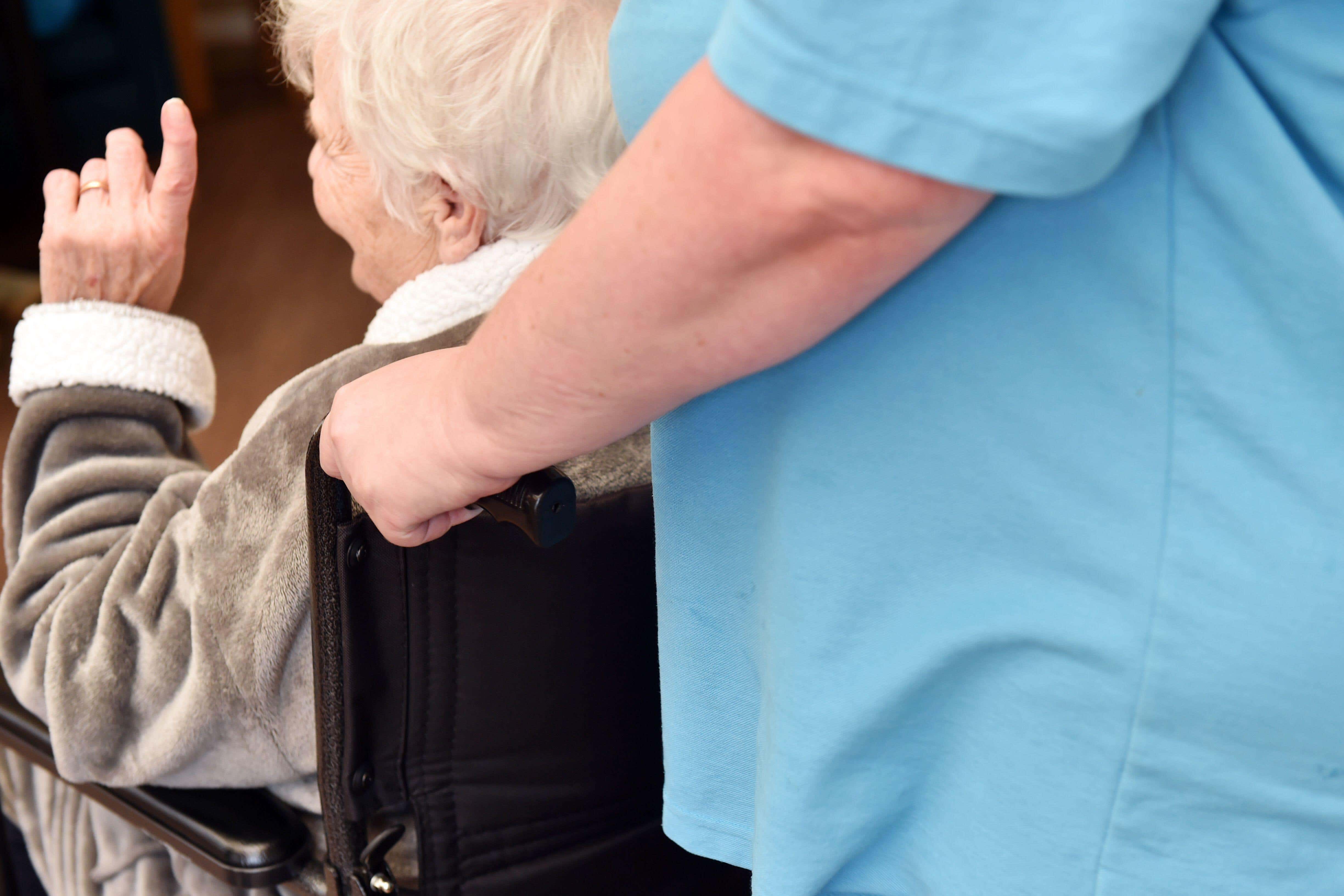Artificial intelligence used to train staff in ‘UK first for social care sector’
An avatar – digital representation – of a real-life trainer is being piloted with the aim of training 20,000 new carers a year

Artificial intelligence is being used to train staff in what is thought to be a UK first for the social care sector amid hopes it could help speedily tackle workforce shortages.
An avatar – digital representation – of a real-life trainer is being piloted to welcome new staff in multiple languages and teach them various skills including spotting signs of stroke.
Social care provider and healthtech company Cera said the avatars could train approximately 20,000 new carers a year if rolled out nationally, with its founder describing it as “an exciting and pioneering development”.
We need new innovations to provide greater sustainability to the sector and allow us to do more with less because there is only a growing demand for services, given the ageing population, given the very high waiting lists
The company is private but said the majority of its business is providing social care on behalf of the NHS and local authorities so staff being trained by the avatars will deliver services in the health service or through councils.
A pilot in London and the South East which began this month is expected to have trained around 60 new carers by the end of August.
There were around 152,000 vacancies in social care on any given day between April 2022 and March this year, according to the latest report from Skills For Care, which is the strategic workforce development and planning body for adult social care in England.
Cera founder and chief executive Dr Ben Maruthappu said the use of avatars could mean training “thousands of people a day at low or no cost, while maintaining the familiar face of their local Cera team”.
In an interview with the PA news agency, Dr Maruthappu described it as a “positive and high-impact use” of artificial intelligence (AI).
He said: “This is an exciting and pioneering development at an important time for social care.
“Given pressures are so high on the NHS and the care sector, we need new innovations to provide greater sustainability to the sector and allow us to do more with less because there is only a growing demand for services, given the ageing population, given the very high waiting lists.
“And it is technologies like this that are helping to address these pressures in a very sustainable way.”
Sarah Craven, Cera’s operational lead in the pilot area, is the first staff member to have an avatar created and welcomed the development.
I used to say I wish I could be in two places at once... this is as close as I think anyone can get to that
She said: “People who come into social care love caring for people, that’s what motivates them day in, day out.
“Anything we can do to speed up the onboarding process in a safe and more efficient way is hugely welcome.
“I used to say I wish I could be in two places at once – welcoming new staff in one part of the region and supporting my current staff in another is the dream with a region like ours that is so geographically spread out – this is as close as I think anyone can get to that.”
Age UK, a charity representing older people, said it hoped that AI can enhance training, if used well, but warned it “can’t fully substitute for in-person instruction and support”.
Asked about the consequences of the new technology for human trainers, Dr Maruthappu said there will “always” be a need for in-person care and in-person training.
He told PA: “For example, showing someone manual handling – how to physically move a patient if they’re in a hoist – that’s something that needs to be done in-person.”
Dr Maruthappu said there is already a mix of in-person and online training, but that the use of avatars “makes the online training so much more personalised”.
Using avatars is a novel idea and one that we hope will pique the interest of care workers and help them to stay fully engaged in the training programmes on which they are deployed
Age UK director Caroline Abrahams said: “It’s important that the social care sector keeps up with the exponential progress being made in technology and AI, and exploits it wisely to improve its productivity and effectiveness.
“This can only be in the best interests of older people, many of whom will depend on a good social care service at some point in their later lives.
“Using avatars is a novel idea and one that we hope will pique the interest of care workers and help them to stay fully engaged in the training programmes on which they are deployed.
“Having said that, because social care is at heart a ‘people job’, the most important training that care workers will ever receive is likely to be of the hands-on variety.
“As in other ‘people jobs’, the benefits gained by new recruits from working alongside skilled and experienced professionals, watching what they do and how they do it, and reflecting on and discussing their practice with them afterwards, are priceless.”
The Association of Directors of Adult Social Services (Adass) echoed this, saying while it is important to use digital technology, there must be varied approaches to training as “one size doesn’t fit all”.
Cathie Williams, joint chief executive of Adass, said: “It’s important to harness the potential for digital technology to improve social care, including new ways to provide training for care workers.
“Of course, people learn in different ways, so training must always offer a range of different ways to learn, one size doesn’t fit all.
“And the result of any training must always be about developing really good quality care and support based on great human relationships. That’s what enables us to live good lives, not just stay alive when we need support and is at the heart of social care.”
Earlier this year social care minister Helen Whately said AI and voice technologies are some of the “really exciting” innovations in social care, describing the use of devices such as voice-controlled virtual assistants as “just the tip of the iceberg” and adding that better use of technology could mean staff spending less time on paperwork.
The Department of Health and Social Care has been contacted for comment.





Bookmark popover
Removed from bookmarks